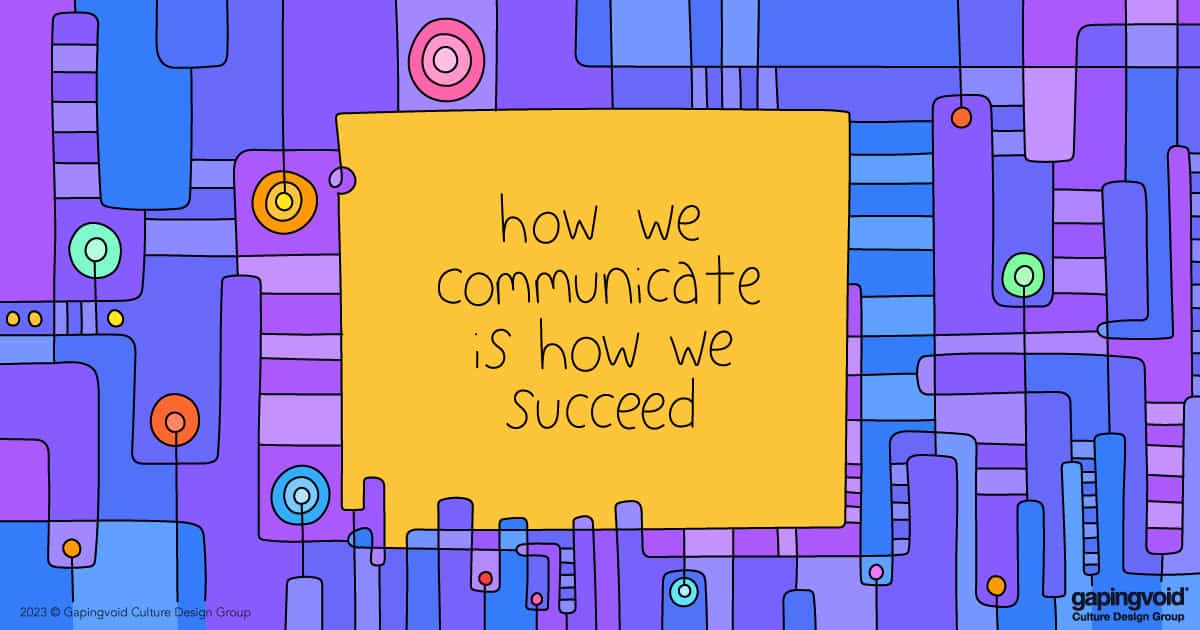
Charlie Munger passed away last week. He was the less famous part of Berkshire Hathaway, but gained great prominence over the last 20 years.
At the time of his passing he was worth well over $2 billion USD.
The business newswires were all over the story. He was clearly famous and highly thought of in those circles.
Sure, he was rich, but there are plenty of people with even more money than Charlie who haven’t received one tenth the fame. As always, the “Why” is the thing.
The answer, we think, is that he had an uncanny gift for making something very complicated (running a multi billion-dollar investment firm) sound very simple, as this recent tribute from Farnham Street demonstrates. Some of his most notable messages:
- “I think a life properly lived is just learn, learn, learn all the time.”
- “You should never, when faced with one unbelievable tragedy, let one tragedy increase into two or three because of a failure of will.”
- “It is remarkable how much long-term advantage people like us have gotten by trying to be consistently not stupid, instead of trying to be very intelligent.”
- “Take a simple idea, and take it seriously.”
What this genius for plain speaking did was make him relatable and compelling. He looked and sounded far more like a small-town Savings & Loan president than some Silicon Valley or Wall Street titan.
Communication is often misunderstood. It is the thing you do after the decision has been made. It is the delivery of data. It is done to get people on the same page. In fact, communication is the fundamental principle of how great leaders become great leaders. The reason why there are thousands of quotes across the internet from Steve Jobs, Richard Feynman, Maya Angelou, Henry Ford, Ruth Bader Ginsburg, Ben Franklin, Eleanor Roosevelt, is because their ability as communicators is what drove their success. Communication is the key to success, and people think it is the other way around.
How we communicate is how we succeed.



